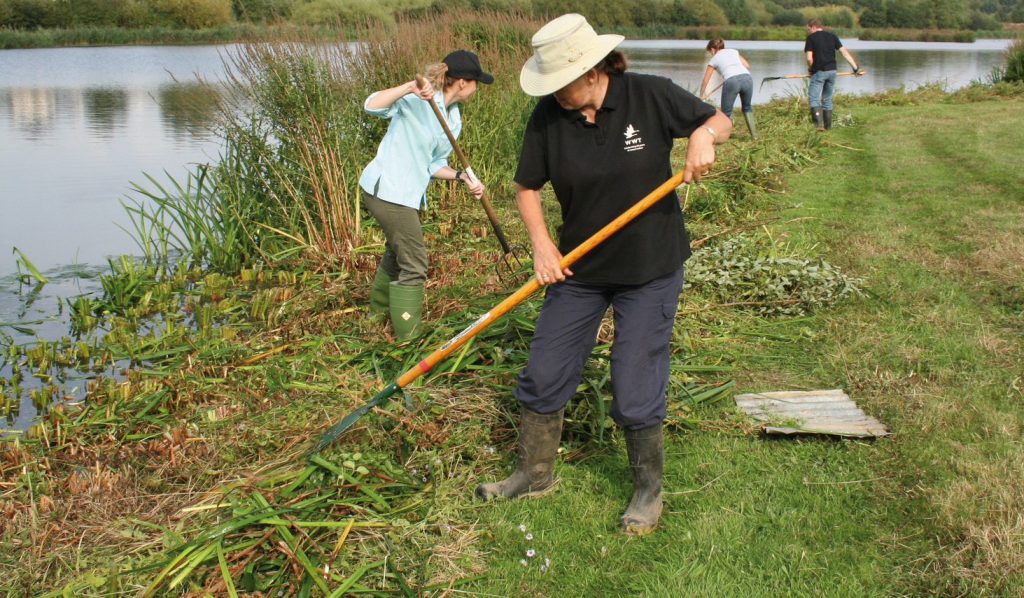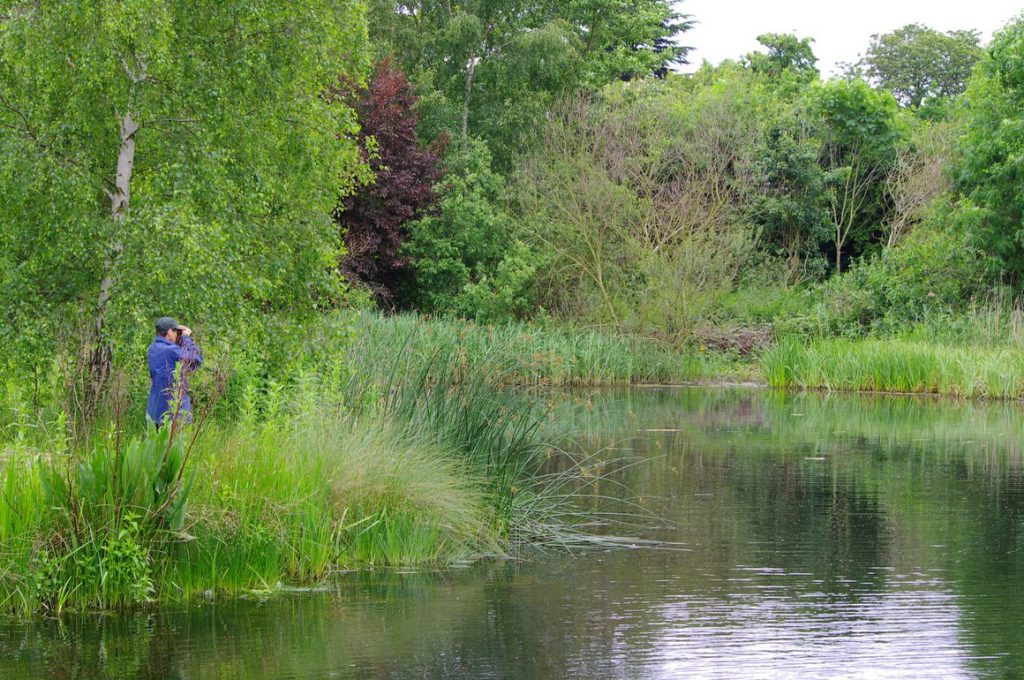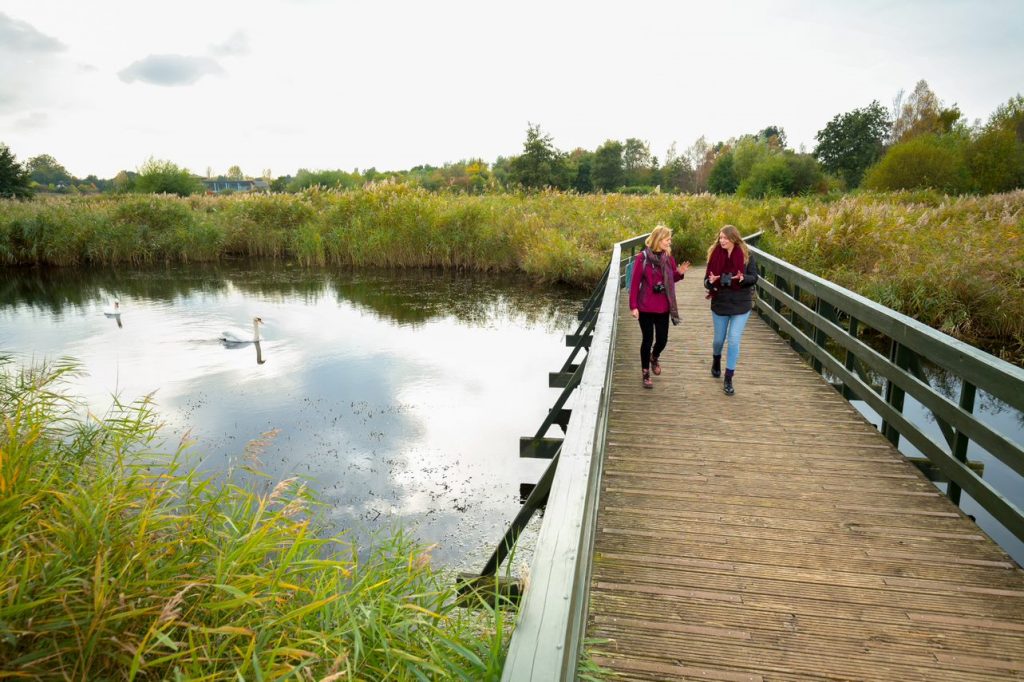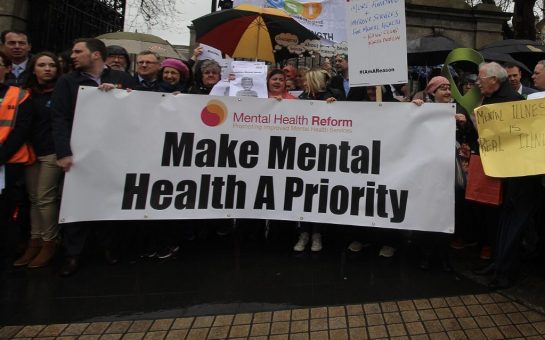From reducing stress, anxiety and depression, to coping with grief, there is growing research which shows that spending time outside connecting with nature benefits mental health.
A recent survey of over 4,000 UK adults revealed that seven in ten people say that being close to nature improves their mood.
However, more than one in ten adults found it fairly or very difficult to access nature when they wanted to – in the same survey carried out in April 2021 by the Mental Health Foundation.
This is something Will Freeman, health & wellbeing officer at the Wildfowl & Wetlands Trust (WWT) is determined to change.
He said: “I feel very passionately about people having access to these spaces. It’s really positive that there is a demand for it so we need to push for these green areas to be more widely available to people.”
Freeman explained that spending time in nature doesn’t just involve being in forests, or in rural areas, but actually finding the hidden gems in urban areas.
In Barnes, the London Wetlands Centre has created a new ‘blue prescribing’ scheme in partnership with The Mental Health Foundation to offer those experiencing poor mental health the chance to participate in a nature-based health programme.
The programmes are delivered over several weeks and will enable people to be active, take notice of wildlife and connect with other people in wetland settings.

Freeman said: “The project creates easier routes for people to reach the Wetlands for structured activities that may well help them on their mental health journeys.
“This could be, for example, the restorative effects of being in a peaceful nature reserve like the Wetlands, but also about learning about conservation and citizen science and being able to see the birds.
“The sensory aspects are a really big part of the project, especially after a year where a lot of people have been living virtually.”
Many are familiar with ‘social prescribing’, when health professionals refer patients to support in the community, in order to improve their health and wellbeing, but ‘blue prescribing’ is an innovative Wetlands-based health programme designed to enhance people’s connection with nature and improve their wellbeing.
The project started in 2019 at the WWT in Slimbridge, Gloucestershire.
During the pandemic in 2020, the project’s findings were brought to the fore when people described how going out to natural spaces was incredibly restorative.
Freeman said it was about the WWT supporting people to do that more and looking into the ways that different people experience the different health and wellbeing effects of being in Wetlands spaces.
The project is due to start in the summer but the date is still to be confirmed due to Covid-19.

Nature on grief
Claire Nield from Lancashire runs The Flower Power Company, which creates organic skincare products inspired by the natural beauty and power of flowers.
Nield experienced first-hand nature’s healing effects after the sudden death of her mum, shortly after her dad passed away, and her own skin cancer diagnosis on the day the first lockdown was announced.
She said that nature pulled her through a very difficult time and inspired her new business in the process.
It was also the reason she moved to her childhood home after her mum died was because of the well-tended garden, which was her mum’s passion.
She said: “I found that nature was so grounding and it helps you focus on the now because with grief, you’re always told to focus on the here and now – to just get through that next day.
“It’s so important to get that connection, whether it’s in a park or allotment, whatever it is. Nature’s there for everyone. Whatever bits of it you’ve got access to, just make the most of it.”
Neuro Linguistic Programming trainer Rebecca Lockwood echoed this sentiment of nature grounding us and being a powerful influence on our mental health.
She added: “Your attention moves from your mind into your body when you are out in nature and connects you to something bigger than yourself.”
Nield encapsulates this with the family’s sunflower greenhouse, one of the last things her mum asked her to get so she could grow sunflowers.
She explained: “Every year, we collect the sunflower seeds from the flowers that grow and then the next year we grow those seeds.
“I think that’s something about nature that is so powerful. It just keeps coming back.”
Nield added that by being out in the garden and seeing the seasons change – the simple pleasures of life – it slowly started to put a smile back on her face and was her reason to keep being positive.

Many people share Nield’s love of nature.
In the same survey carried out by The Mental Health Foundation, more than six in ten UK adults said being in nature has led them to experience positive emotions such as calm, wonder and joy.
This does not surprise psychiatrist Dr Alexander Lapa, from the Ocean Recovery Centre.
Lapa said the benefits of eco therapy are well-established within the psychological community, promoting wellbeing and cognitive function.
It is prescribed as part of their clients’ recovery from addiction and mental health issues such as depression and anxiety.
He added that it is not a particularly new phenomenon, in fact the Japanese have been practicing eco therapy for a number of years, with the use of ‘Shinrin Yoku’, which translates to ‘forest bathing’.
Lapa explained: “Not only does it provide mental benefits, but it also affects the physical too.
“The trees emit immune boosting essential oils but have also been shown to reduce blood pressure and more. These relieve stress and reduce pain in the body.”
With more than one in ten UK adults spending up to just one hour or less in nature per week, the benefits of connecting with nature are still to be discovered by a large majority.
Nield said she did everything suggested to her to cope with her grief from reading books on the subject, counselling, yoga, which all helped, but nothing had the same effect on her as being outside and connecting with nature.
Her wish for people? To get outside and smell the roses.
Click to find out more about the London Wetlands Centre and The Flower Power Company





Join the discussion
Thank you so much for the interview about how nature helped me move through grief and inspired my new venture The Flower Power Company. I hope everyone learns to take time to smell the roses during difficult times.